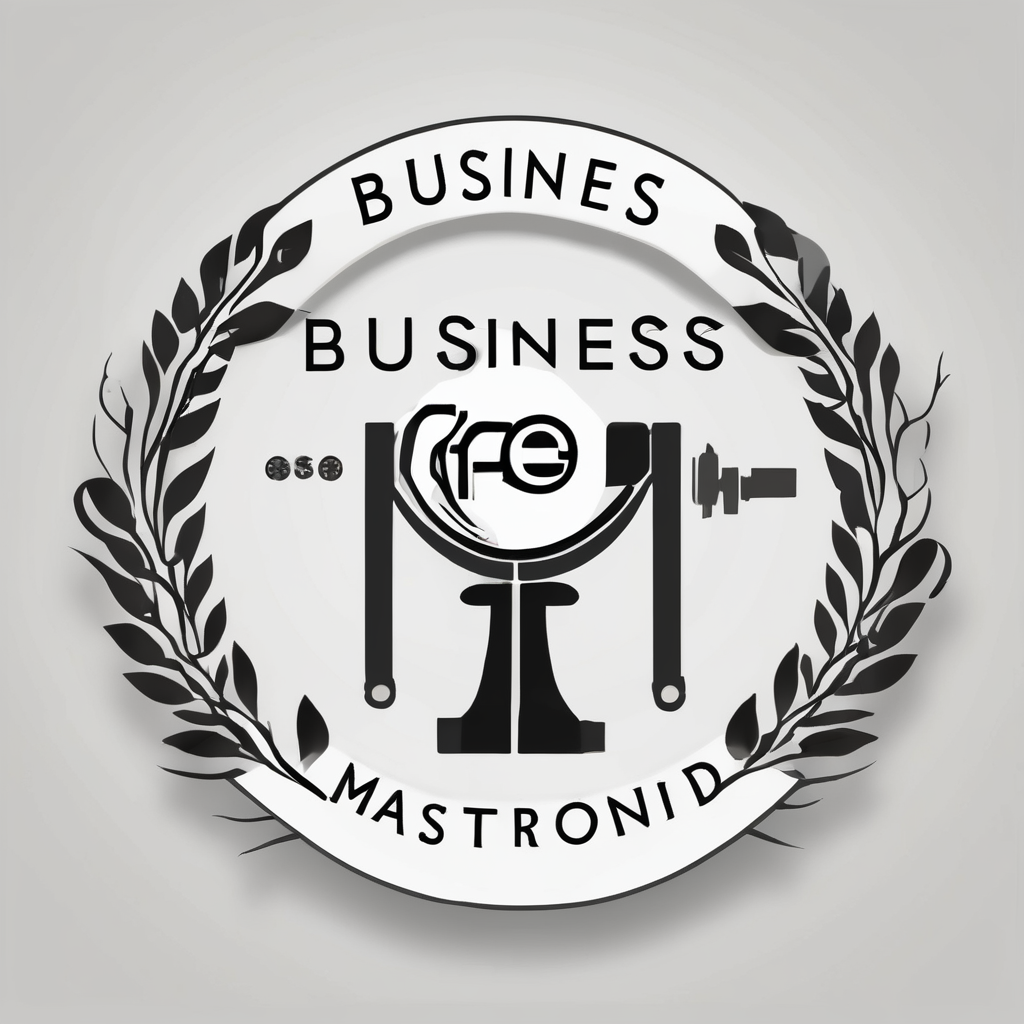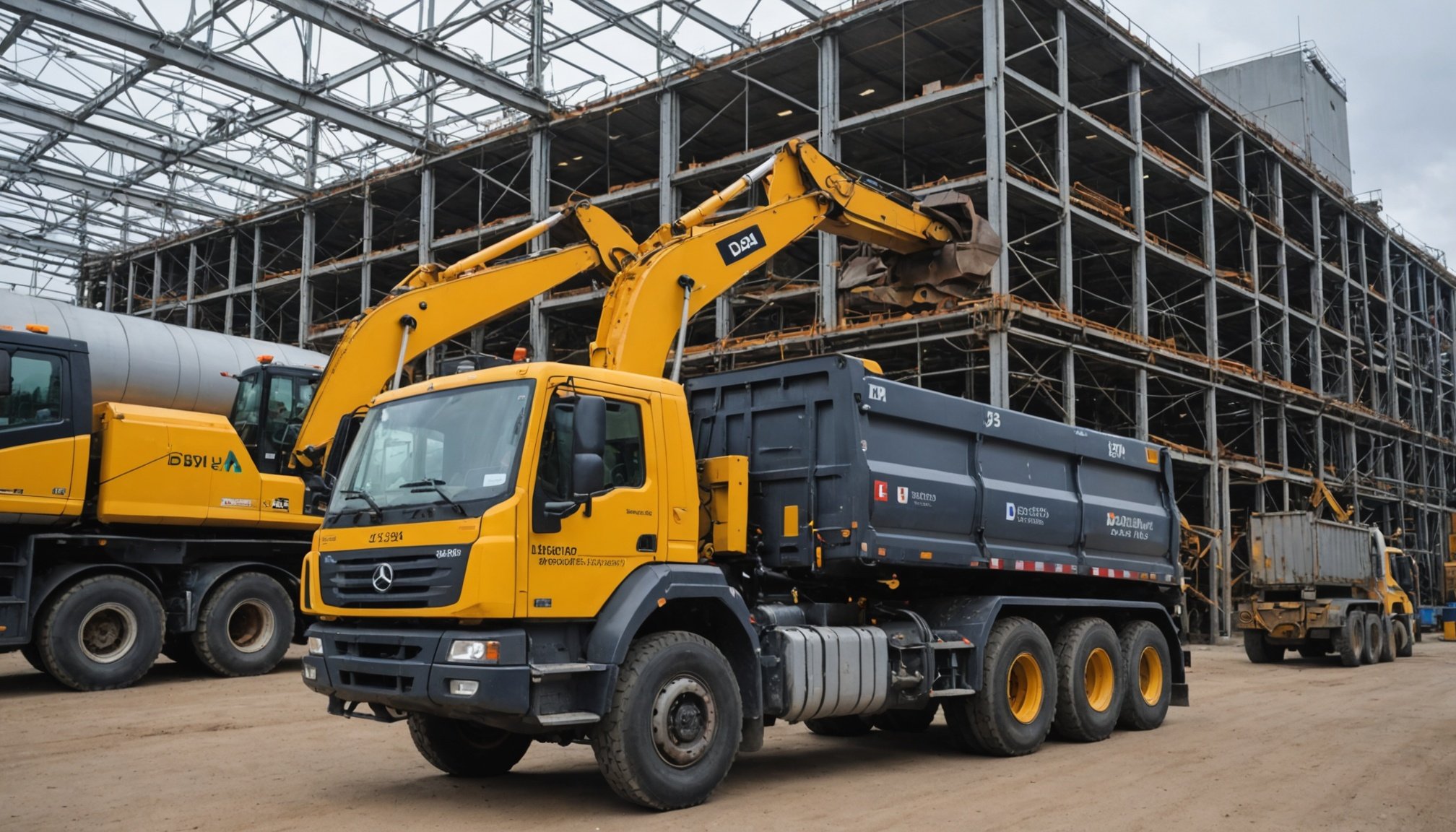Overview of Sustainable Waste Management in UK Manufacturing
Sustainable waste management is integral in the efforts of UK manufacturing industries to counteract environmental degradation. At its core, it involves methods to efficiently reduce, reuse, and recycle waste, thereby conserving resources and reducing landfill dependency. The importance of such practices cannot be overstated; they not only diminish environmental impact but also cut costs, leading to a more sustainable future for both businesses and communities.
In recent years, UK manufacturing has witnessed a pivotal shift towards sustainability. According to recent statistics, the sector managed to reduce waste sent to landfills by nearly half within the past decade, highlighting the effectiveness of current waste reduction strategies. These strategies often incorporate improved processing technologies, innovative product designs, and enhanced recycling systems, aiming for a circular economy model that mimics natural cycles.
Also to discover : Top Strategies for UK Manufacturers to Cut Carbon Emissions Effectively
Despite these advancements, numerous challenges persist. One prominent issue is the initial financial investment required to implement sustainable waste management systems. Additionally, regulatory compliance can be complex and varies across sectors, necessitating bespoke solutions that suit each facility’s specific waste profile. There is also a continual need for education and cultural shifts within organisations to fully embrace these practices. Overall, while strides have been made, there is still room for growth and innovation in the pursuit of sustainable waste management.
Regulatory Guidelines for Waste Management in the UK
Navigating the complex landscape of UK waste regulations is a challenging but essential task for manufacturing facilities. These regulations are designed to protect the environment and ensure sustainable practices. Key pieces of environmental legislation include the Environmental Protection Act, which mandates proper disposal methods, and the Waste Framework Directive, which focuses on waste reduction and recycling.
This might interest you : Eco-conscious food packaging: your comprehensive guide to sustainable solutions in the uk
Adhering to these regulations is crucial for manufacturers to avoid penalties and contribute positively to environmental stewardship. Non-compliance can result in significant fines, legal action, and damage to a business’s reputation. On the flip side, businesses that align with environmental legislation benefit not only from reduced waste management costs but can also enhance their brand image and operational efficiency.
Compliance is not just about avoiding penalties but understanding its profound implications for sustainable development. As regulations evolve, businesses must stay informed and adapt to changes. This might include investing in more efficient waste processing technologies or training staff to ensure proper waste handling procedures are followed.
For businesses eager to meet and exceed standards, there are numerous resources and incentives available to aid in the transition towards more environmentally friendly practices. By prioritizing compliance and understanding the facets of the UK’s waste management laws, companies can foster an eco-friendly culture and reap the associated benefits.
Best Practices for Sustainable Waste Management
Adopting waste management best practices is crucial for sustainability. For manufacturers, effective waste reduction strategies play a pivotal role. Strategies such as lean manufacturing focus on eliminating surplus and improving efficiency. Implementing comprehensive waste minimization techniques not only reduces costs but also aligns with environmental responsibilities.
Recycling programs are an integral aspect of sustainable practices. By reclaiming materials and reusing them in production, companies diminish their reliance on raw materials. This not only conserves resources but also significantly reduces waste production. Reusing initiatives, for example, can include repurposing byproducts into new products or materials.
A less discussed yet equally vital component is the role of employee training and engagement in waste management. Training programs equip employees with the knowledge needed to manage waste effectively. Engaged employees are more likely to adhere to sustainable practices and suggest innovative solutions. Engaging staff through workshops and feedback loops fosters a culture where sustainability is prioritized.
To summarize, embracing these best practices—effective reduction strategies, recycling programs, and employee engagement—can considerably advance a company’s sustainability agenda. By making waste management best practices a priority, organizations benefit from cost savings and improved efficiency while contributing positively to the environment.
Case Studies of Successful Waste Management Approaches
Exploring waste management case studies within UK manufacturing offers invaluable insights into industry practices. One notable industry example is a prominent aerospace manufacturer that optimized its waste recycling processes. By segregating waste at the source and adopting cutting-edge recycling technologies, the company increased its recycling rate by 30%. This success story highlights the strategic integration of advanced waste management systems to enhance overall operational efficiency.
Manufacturers in the automotive sector provide additional manufacturing success stories. A leading car manufacturer implemented a zero-waste-to-landfill policy. They achieved this by establishing partnerships with recycling firms that repurpose manufacturing by-products into valuable resources for other industries. This success story underscores the importance of collaboration with external partners to ensure sustainable practices.
In the food and beverage sector, a large brewery adopted an innovative energy recovery system as part of its waste management approach. The system transforms organic waste into biogas for use in production processes. This case study demonstrates the profound impact of integrating waste-to-energy solutions to enhance sustainability and deliver cost savings.
Through these case studies, manufacturers can draw lessons learned from these successful implementations. These strategies not only boost operational efficiency but align with wider sustainability goals, contributing to a circular economy model.
Innovative Technologies and Solutions for Waste Management
Emerging technologies are transforming waste management, offering new frontiers for efficiency and sustainability. Key innovations include automation and digital solutions, which enhance waste processing, recycling, and reduction. These technologies can significantly streamline operations, leading to cost-effective and eco-friendly outcomes.
Automation plays a crucial role in material recovery facilities. Automated sorting systems, using advanced sensors and robotics, enhance precision, upping both precision and recall in waste separation. This shift not only reduces human error but also increases the throughput of recycling facilities, promoting efficiency in waste management technologies.
Digital solutions further revolutionize the industry by providing real-time data insights and predictive analytics. IoT devices and AI manage waste more strategically, optimizing collection routes and monitoring facility performance. This digitization aids municipalities and businesses in implementing more effective and reactive solutions.
Future trends in waste management point towards a circular economy, encouraging UK manufacturers to adopt novel approaches. Emerging technologies, such as bio-enhanced recycling and advanced chemical processing, offer manufacturers tools for minimizing waste and using by-products more sustainably.
These innovations in waste management technologies not only align with sustainability goals but also promise long-term benefits for both businesses and the environment, encouraging a shift in how manufacturing waste is handled.
Environmental Benefits of Sustainable Waste Management
Proper waste management practices can significantly reduce the environmental impact of waste accumulation and pollution. Effective waste management systems not only mitigate the damage caused to ecosystems but also contribute to resource conservation. Through sorting and recycling, businesses and communities can minimise the materials that end up in landfills, which helps decrease landfill-associated pollution.
A direct relationship exists between refined waste management solutions and a carbon footprint reduction. Recycling and composting divert organic waste from landfills, where it would decay and release methane—a potent greenhouse gas. Composting, in particular, returns valuable nutrients to the soil, decreasing the need for synthetic fertilizers. These practices result in a marked decrease in carbon emissions and promote a healthier atmosphere.
The sustainability benefits of improved waste management extend to both businesses and the environment over the long term. Companies adopting environmentally friendly practices often experience enhanced public perception and reduced operational costs via waste reduction efforts. In parallel, the environment benefits from reduced pollution levels and resource consumption. Through these practices, society takes a step toward sustainable development, ensuring resources are preserved for future generations while supporting existing ecosystems. This comprehensive approach underscores the strategic importance of sustainable waste management in crafting a balanced coexistence between human activity and natural habitats.
Roadmap for Improving Waste Management in Manufacturing
Improving waste management in manufacturing requires a clear and strategic approach. An implementation roadmap serves as a step-by-step guide for facilities to enhance their practices effectively.
To begin, assess the current waste management processes and identify areas needing improvement. This evaluation forms the basis of your strategic planning. Engaging stakeholders at this stage is crucial. Their input ensures that strategies are comprehensive and consider different perspectives crucial for waste management improvement. Key stakeholders include employees, management teams, and external partners who can contribute valuable insights.
Once strategies are developed, execute the implementation roadmap by prioritizing actionable steps. This often starts with increasing awareness and training for teams involved in the waste management processes. Introducing technologies and systems to track waste generation and disposal efficiently is also vital. Such systems help in monitoring performance and identifying areas for continuous improvement.
Regular performance reviews help maintain momentum. Monitoring metrics like waste reduction rates and recycling efficiency supports a proactive approach to handling issues. Note that strategic planning is not a one-time effort but an ongoing process that adapts with changing needs and innovations. By maintaining a focus on stakeholder engagement and continuous improvement, manufacturing facilities can achieve significant advancements in their waste management systems.











